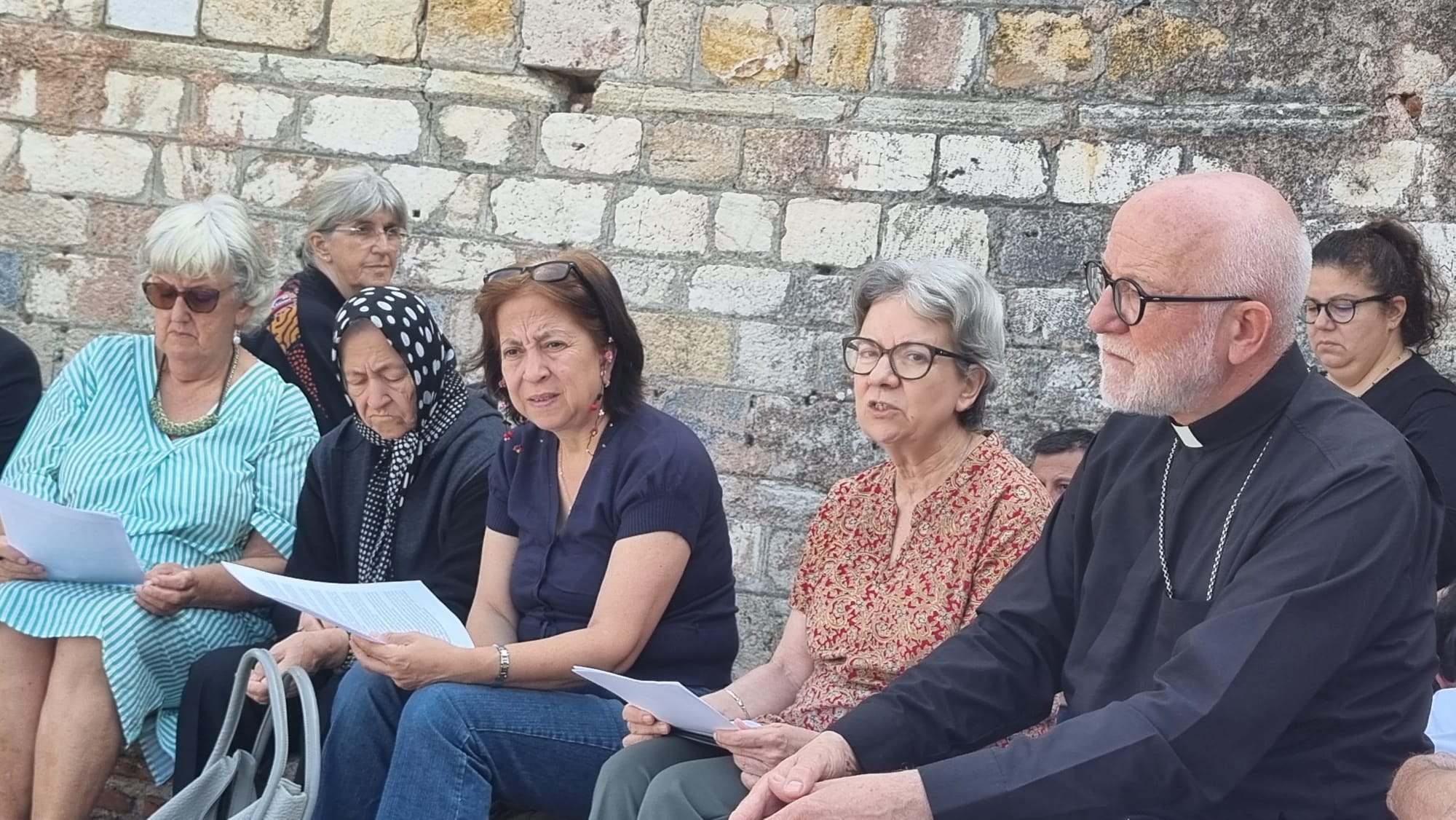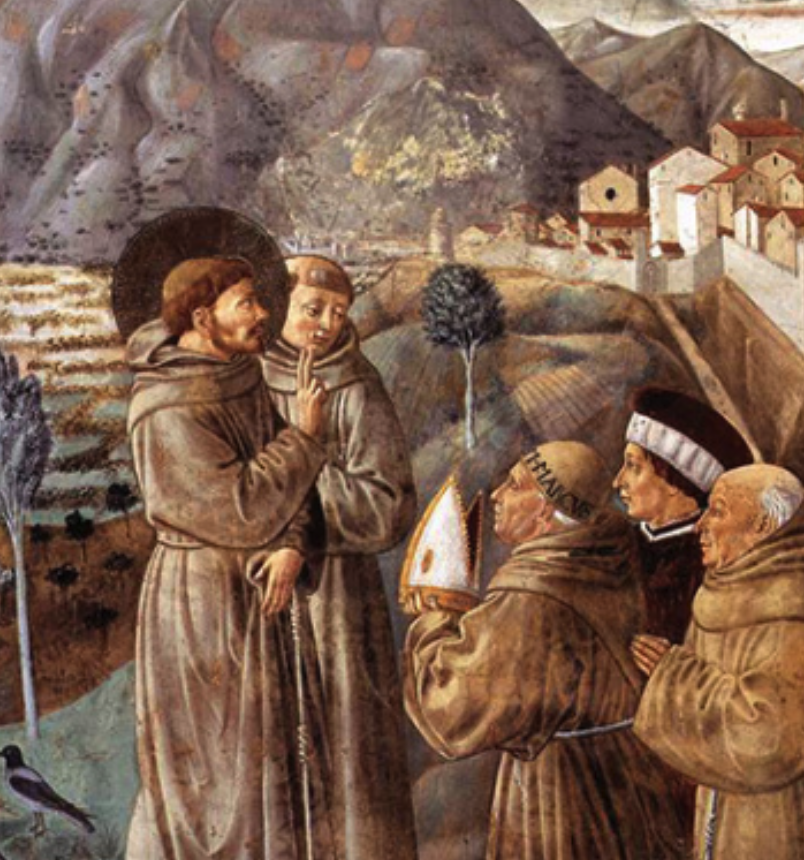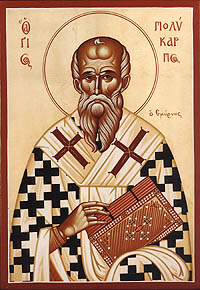II. Ignatius, the Bishop of Antioch, had a thrilling and enraging experience when he was brought to Rome in shackles in the first years of the century and forced to feed to the wild animals at the circus, which brings us back to the Syrian routes that lead to Rome.
Ignatius receives greetings from his friends and supporters along the route, but his goal is to write to those he cannot personally visit. Hence the seven letters, in which the bishop, a potential Christian martyr, presented his spiritual bequest through a protracted list of advice and recommendations. Thus, letters become into writings that are sandwiched between trip journals and spiritual diaries.
Three key themes are used to define Ignatius’ spirituality and fascination with his unusual personality in the writings. Ignatius, the first thinker of the “monarchical” (sovereign) episcopate, passionately and emphatically draws attention to the vital and indispensable role of the Bishop, embodying the unity of the local Church and inspiring sainthood in its members.
Ignatius contends that the Lord has taken on a real body and is actually being tortured on the cross in opposition to those who question the veracity of Jesus’ incarnation and claim that it is only an appearance – here we find the first examples of the heretical teaching that will later be known as “appearance” (Docetism). emphasizes. Otherwise, there would be no salvation, and our religion would be meaningless. Some of the precious secret reality of the Gospel of John is once more mirrored in his remarks.
Ignatius first makes a plea to the Roman Christians, who live and work even in the court of the Emperor, asking them not to do anything to stop his martyrdom. In order to become a real “disciple” and a true “follower” of the Lord, he must endure the last trial at all costs by presenting himself to monsters as the “grain of God” to their lips.
Saint Ignatius
He was Syria’s third bishop of Antioch. After Rome and Alexandria in Egypt, it was the third-largest city in the ancient world, and St. Peter himself served as its first bishop. He was not a Roman citizen, and it appears that he converted to Christianity rather late in life.
Emperor Trajan started his persecution while a bishop at Antioch. Ignatius was transported in chains from Antioch to Rome after being arrested and found guilty. Christians would perform as a show in the circus, which was destroyed by animals, at celebrations in honor of the Emperor that took place here. Ignatius suggested in seven letters he wrote while traveling from Antioch to Rome that people run from sin, watch out for Gnostic errors, and maintain the Church’s unity.
Christians at the period, especially those in Rome, were told not to interfere on his behalf or save him from execution. As a result, he was brutally ripped up by animals in 107, and he handled it with extreme gentleness. Pass them, he said, “so that they become my graves, so that nothing of my flesh remains, and no one carries my corpses.”



